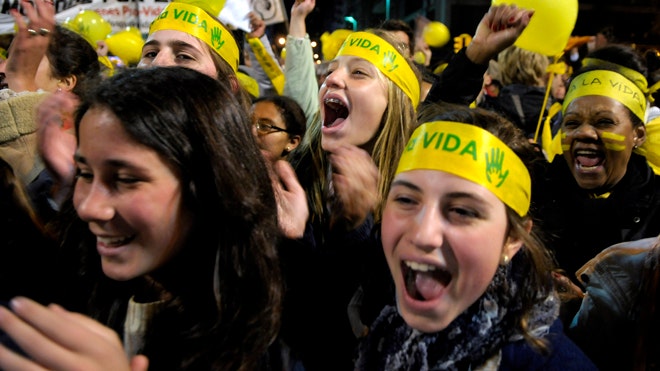By Karen Diep
Impunity Watch Reporter, Asia
KATHMANDU, Nepal – Today, the Communist Party of Nepal (CPN) Maoists implemented a ban on the screening of Hindu films and automobiles bearing Indian license plates in ten (10) districts of the country.

In June of this year, the CPN split from the ruling Unified Communist Party of Nepal and thus, districts in the Tamsaling state committee are now within the CPN’s jurisdiction.
According to Hindu Times, Nepal’s state-owned news agency, Rastirya Samachar Samiti, confirmed the ban’s enactment.
This ban will be enforced for two months until November 25th with the following districts affected: Chitwan, Dhading, Kavre, Rasuwa, Nauwakot, Sindhuli Makwanpur, Sindhupalchowk, Ramechap, and Dolakha.
According to Nepal News, CPN spokeswoman Pampha Bhusal said that the ban’s aim is to “promote economic development based on national independence, protection to local employment opportunities, utilisation of Nepali investment and in view of obstruction on the operation of Nepali’s transportation means in India.”
“Our party has also decided to ban Indian films that defame and disrespect Nepal and Nepalis, promote obscenity and spread cultural pollution,” read CPN’s statement.
Furthermore, senior CPN-Maoist leader Dev Gurung believed that the prohibition of Hindu movies and songs will promote Nepali films and songs.
Because the CPN uncovered that many automobiles with Indian plates transported agricultural goods from India, it implemented its ban against such vehicles to increase the domestic produce market. However, said automobiles are still permitted to use Nepal’s roads with the caveat of paying daily nominal charges at border check points, where temporary license plates are issued.
Moreover, the reason behind the automobile is twofold. According to Nepal News, India first banned automobiles bearing the Nepalese plates.
“This is unfair. We should not allow Indian-plate [sic] vehicle in Nepal until India allows Nepali vehicles, shared a spokeswoman from Nepal News.
Though some broadcast media stations have requested the ban to be lifted, two districts, Chitwan and Makawanpur, have ceased playing Hindi songs.
Kathmandu’s Indian embassy has chosen to not react to the ban at the moment.
For further information, please see:
Economic Times – CPN-Maoist bans Hindu films, Indian vehicles in 10 districts – 26 September 2012
Hindu Times – Breakaway Maoist faction in Nepal bans Indian vehicles, films, music – 26 September 2012
Indian Express – CPN-Maoist bans Hindu films, Indian vehicles in 10 districts – 26 September 2012
Nepal News – CPN Maoist declares nationwide ban on Hindu movies, Indian plate vehicles – 26 September 2012


